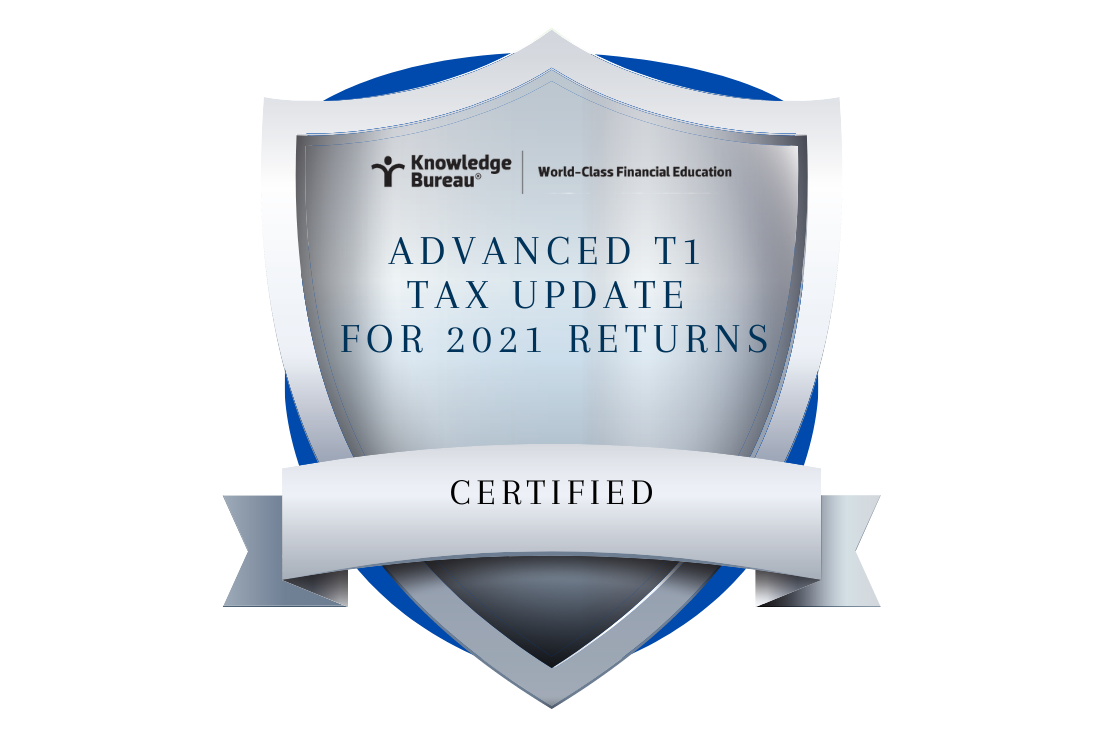Last updated: January 20 2022
Quebec’s Vax Tax

Marco Iampieri B.A., JD, M.B.A.
Quebec is looking for a health contribution for adults who refuse to be vaccinated for non-medical reasons, as half of the COVID-19 beds in Quebec are taken up by unvaccinated Quebecers. Quebec is proposing to implement a vaccine tax, and tax the unvaccinated. But can a province levy such a tax?
Under the Constitution Act, 1867 (“Constitution”) at sections 91 and 92, the Constitution outlines the various areas that the provincial and federal legislatures may control through law. Regarding the ability to tax, the federal government is provided with the broadest power to tax, with the ability to raise money by any mode or system of taxation.
On the other hand, the provinces are provided with a circumscribed ability to tax, with the ability to impose direct tax within a province in order to raise revenue for provincial purposes.
A relevant question concerning whether Quebec can levy such a tax is, is the vaccine tax a form of direct or indirect taxation? Keep in mind that the latter – an indirect tax - is not available to enact by provincial legislatures. The definition of a direct tax is. . .not so simple.
As the details will be revealed in the coming weeks, there is no Quebec vaccine tax yet in force. However, the issue of whether a particular provincial tax is direct or indirect has been routinely analyzed by Canadian courts, and “the dividing line between a direct and indirect tax is referable to and ascertainable by the general tendencies of the tax and the c ommon understanding of [people] as to those tendencies. The general tendency of a tax is the relevant criterion”. (Canadian Industrial Gas & Oil Ltd. v. Government of Saskatchewan et al., [1978] 2 S.C.R. 545)
ommon understanding of [people] as to those tendencies. The general tendency of a tax is the relevant criterion”. (Canadian Industrial Gas & Oil Ltd. v. Government of Saskatchewan et al., [1978] 2 S.C.R. 545)
So we must ask. . .what is the “general tendency” of this tax? It appears to be a direct tax in that people who refuse to comply with the vaccine mandate will have to pay it. However, whether or not the nature of the vaccine tax is a direct or indirect tax does not turn on the language used by the provincial legislature; instead, it turns on the substance of the tax itself.
To answer the question of whether a province can levy a vaccine tax, therefore, the answer is maybe. The answer will depend, in part, on whether the substance of the tax is a form of direct, or indirect, taxation.
Key Takeaway: Provinces and the Parliament of Canada have different taxing powers, with Parliament available to tax in any manner, and provinces limited to direct taxation.
Further reading: What about Newfoundland and Labrador’s sugary drink tax? Is it a tax on a commodity?
